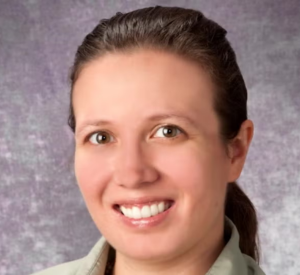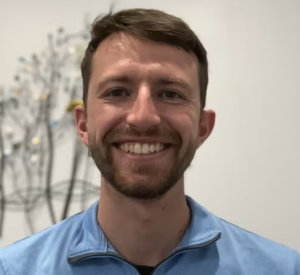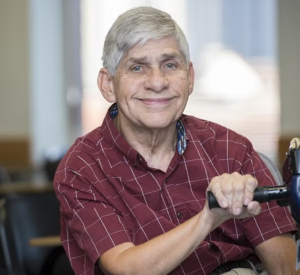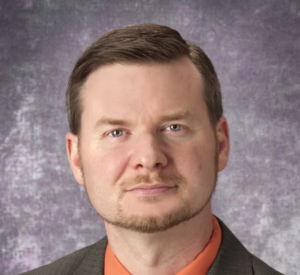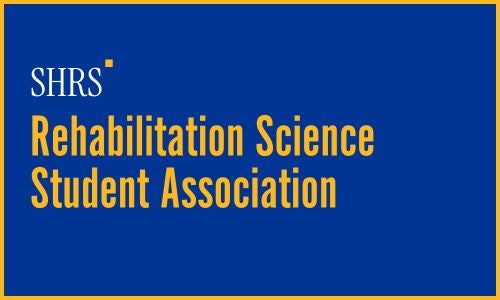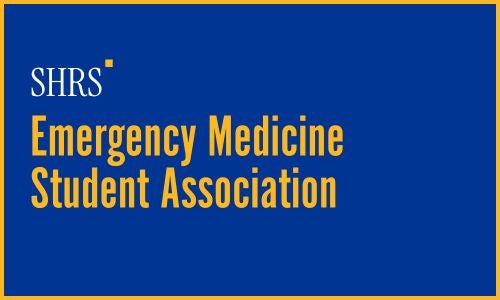Overview
The Department of Community Health Services and Rehabilitation Science fosters the advancement of emergency medicine, community health and pre-professional undergraduate education programs. The faculty, staff and students pursue—through institutional, personal and professional growth—a common goal to exceed expectations in access to and the delivery of health care by striving to solve current problems and removing existing barriers through innovative strategies.
Programs

On-campus
Duration:
2 years and 8 months
(8 terms, including 2 summer terms)
Program Start:
Fall term (August)
Application Closes: August 1, 2026 The deadline for international student applications (F1 students) is May 1, 2026.
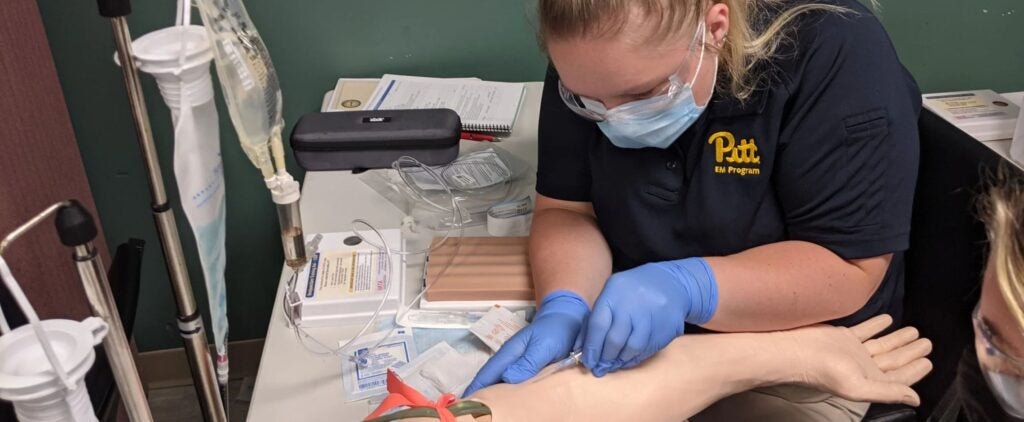
On-campus, Online
Duration:
Junior Entry: 2 years
(4 terms)
Degree Completion: 1 year
(2 terms)
Program Start:
Junior Entry and Degree Completion: Fall term (August)
Application Closes: Junior Entry Fall 2026: March 1, 2026 Degree Completion
- Fall 2025: August 1, 2025
- Spring 2026: December 1, 2025
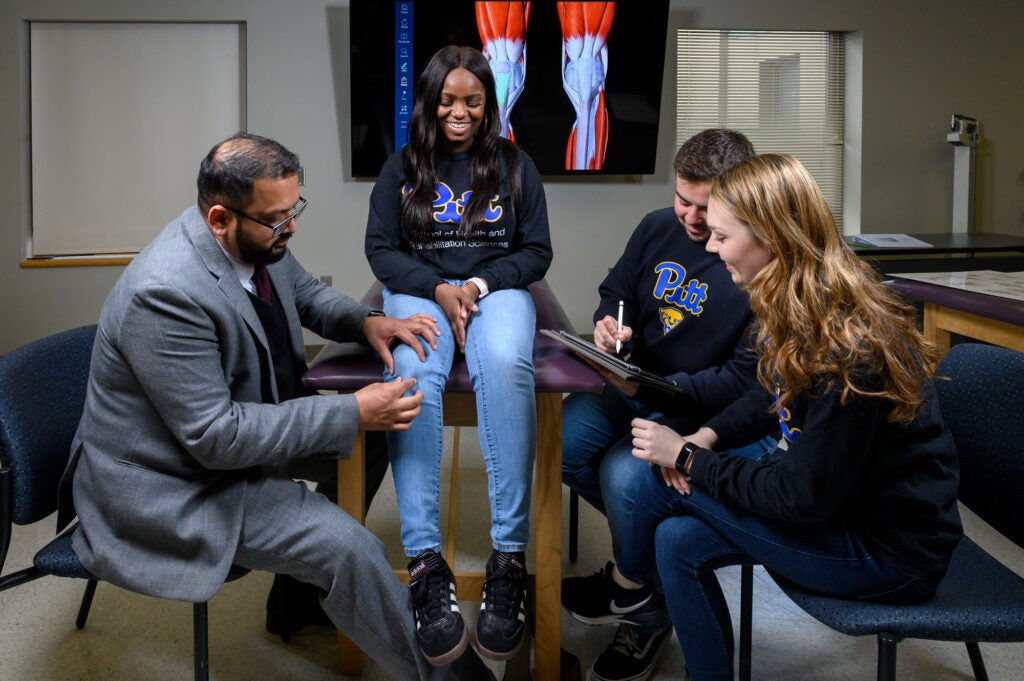
On-campus
Duration:
2 year (4 terms)
Program Start:
Fall term (August)
Application Closes: March 1, 2025
Research
The University of Pittsburgh is the first research-intensive university in the United States to establish a Doctor of Chiropractic educational program. This program is distinguished by its strong integration of chiropractic education within a world-class research environment, positioning Pitt as a national leader in advancing the science and practice of chiropractic care.
Faculty within the program conduct rigorous research examining the impact of chiropractic care on a wide range of health outcomes, using diverse methodological approaches spanning clinical trials, health services research, biomechanics, epidemiology, and social sciences. Their work informs educators, practitioners and policymakers, contributing directly to evidence-based best practices in musculoskeletal and spine-related care.
Chiropractic program faculty have developed multi-disciplinary collaborations with clinicians and scientists across medicine, physical therapy, rehabilitation sciences, health services research, basic sciences, and public health, both within and outside of Pitt. This interdisciplinary approach promotes innovation and ensures that chiropractic research at Pitt addresses the complex, multifactorial nature of patient care.
Faculty have secured individual and institutional funding from the National Institutes of Health and other national organizations, underscoring the program’s growing research capacity and national visibility. Their scholarship has been published in leading peer-reviewed journals and presented at major national and international conferences. Many faculty serve in leadership roles in professional organizations and on editorial boards, peer-review panels and conference planning committees; all of which contribute to the advancement of the field.
Through its commitment to rigorous research, interdisciplinary collaboration, and academic leadership, the University of Pittsburgh chiropractic program is setting new standards for excellence in education, clinical practice and health policy.
Research Areas
- Health services research
- Spinal biomechanics
- Non-surgical management of spinal stenosis
- Complementary and Integrative Medicine
- Biopsychosocial model of low back pain
- Pain classification systems
- Low back pain phenotyping
- Manual therapies
Active Research Projects
- Encouraging Research in Complementary and Integrative Health Institutions (ENRICH) – A collaborative hub for developing research capacity within complementary and integrative health institutions
- Whole person experience of pain: Novel integration with low back pain phenotypes. University of Pittsburgh Mechanistic Research Center (H2P-LB3P)
- Investigating Spine-Related Low-Value Services Within the All of Us Research Program
- Impact of spinal manipulation on cervical spine kinematics with patients with neck pain
- Feasibility of adding cervical manual therapy to standard care for treatment of concussion symptoms
- Evaluating a Standardized Low Back Pain Program for Physician Assistants in Primary Care
- Vertebral Artery Dissection: Insights from Combined EHR and Claims Data
- A pilot study evaluating a spinal stenosis service line within the Pittsburgh Veterans Administration Hospital system
Collaborating Centers
- Institute for Clinical Research and Education
- Center for Research on Healthcare
- Ferguson Lab
- Department of Physical Medicine and Rehabilitation
- Department of Physical Therapy
- UPMC Center for Integrative Medicine
- Orthopaedic Biodynamics Laboratory
People

Shireesh Bhalerao
Associate Director of Curriculum Management for the Doctor of Chiropractic Program, Visiting Associate Professor
shb134@pitt.edu
Andrea Hergenroeder
Assistant Dean for Faculty Affairs and Development, Director of the Rehabilitation Science (BS) Program and Professor
alocke@pitt.edu
Jeffrey Jones
Assistant Professor and Community Health Center Development Coordinator
jsj73@pitt.edu
M. Kathleen Kelly
Associate Dean for Academic Outreach and Advising, Associate Professor
kkelly21@pitt.edu
Thomas Platt
Associate Dean for Academic Partnerships, Chair for the Department and Professor
plattt@pitt.edu
Joel M. Stevans
Associate Director of Clinical Education for the Doctor of Chiropractic Program, Visiting Associate Professor
jms363@pitt.edu
Owen Traynor
Medical Director of the Emergency Medicine Program, Adjunct Assistant Professor
otraynor@pitt.edu





